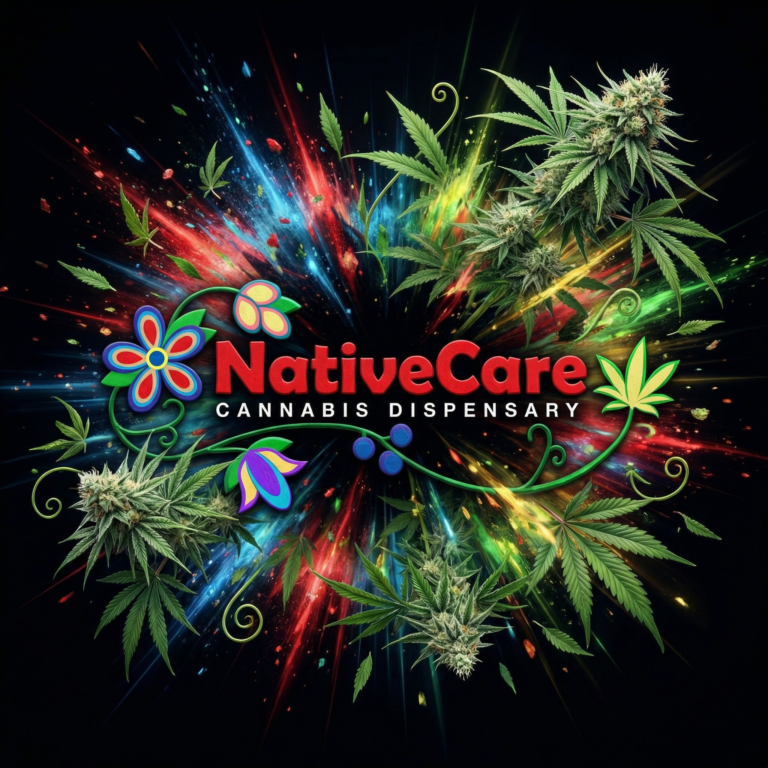Japan Debunks the Gateway Drug Myth: Government-Backed Study Finds No Link Between Marijuana and Hard Drug Use
In a move that challenges decades of conventional drug policy, a Japanese government-funded study has concluded that cannabis use does not lead to the use of harder drugs — effectively debunking the long-held “gateway drug” theory.
The study, conducted by the National Center of Neurology and Psychiatry in Tokyo, analyzed the behavioral patterns and drug histories of over 40,000 individuals. Its key finding? There’s no scientific evidence to support the idea that marijuana users are more likely to transition into using substances like cocaine, heroin, or methamphetamine.
For Japan — a country with notoriously strict anti-cannabis laws and a deeply ingrained stigma around drug use — this marks a seismic shift. Cannabis in Japan is still considered a Schedule II substance, with harsh legal consequences for possession or use. But with global conversations around legalization gaining momentum, this new research brings nuance and scientific clarity to a debate often driven more by fear than facts.
What makes this study even more significant is its source. Unlike advocacy-driven reports or anecdotal analyses, this was a peer-reviewed, taxpayer-funded investigation from one of Japan’s most trusted public health institutions. In short, this wasn’t some fringe activist group waving a pro-weed flag — it was straight from the heart of the establishment.
Critics of the gateway theory have long argued that correlation isn’t causation. Just because someone who uses hard drugs may have previously used marijuana doesn’t mean cannabis caused the progression. Instead, factors like socioeconomic status, mental health, and environment play a much more complex role. This study provides some hard data to back that up.
It also adds to the growing body of international evidence suggesting that responsible, adult cannabis use doesn’t automatically lead to dangerous behavior or harder drug abuse. Countries like Canada, Portugal, and parts of the U.S. have already reformed their laws with this understanding — and seen positive outcomes.
Of course, this doesn’t mean cannabis is harmless or that society should throw caution to the wind. But it does mean that outdated scare tactics and zero-tolerance policies should no longer shape public perception or legislation. Science — not stigma — should lead the conversation.
As Japan and the rest of the world reconsider how they approach cannabis, this study could be a powerful tool in shaping smarter, more compassionate drug policy.




